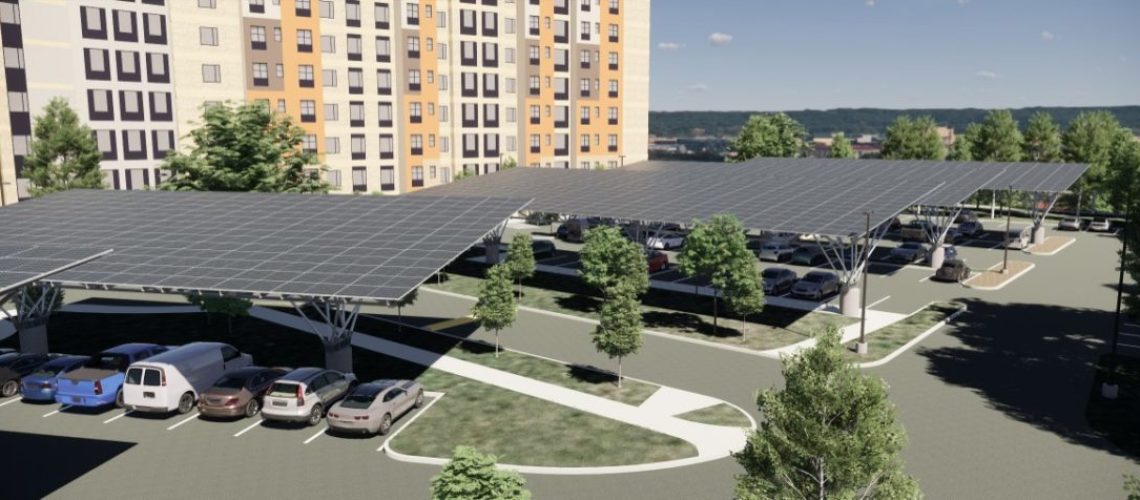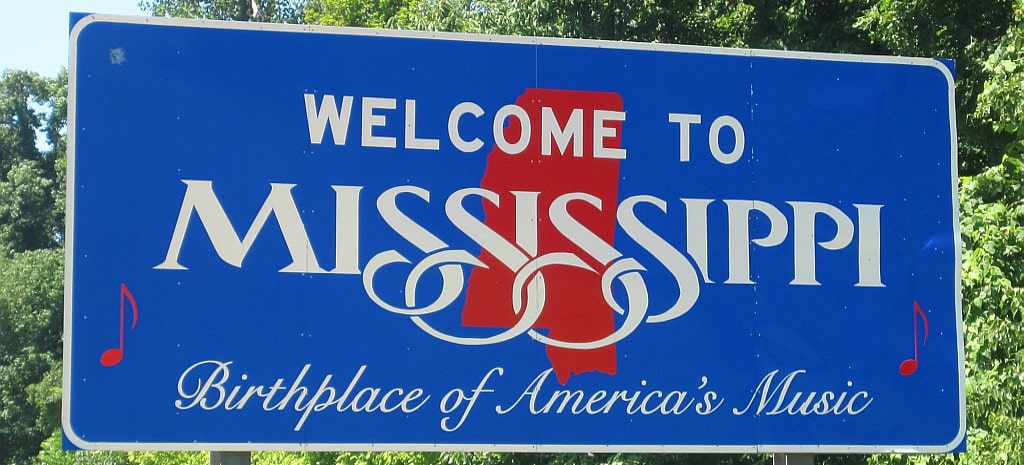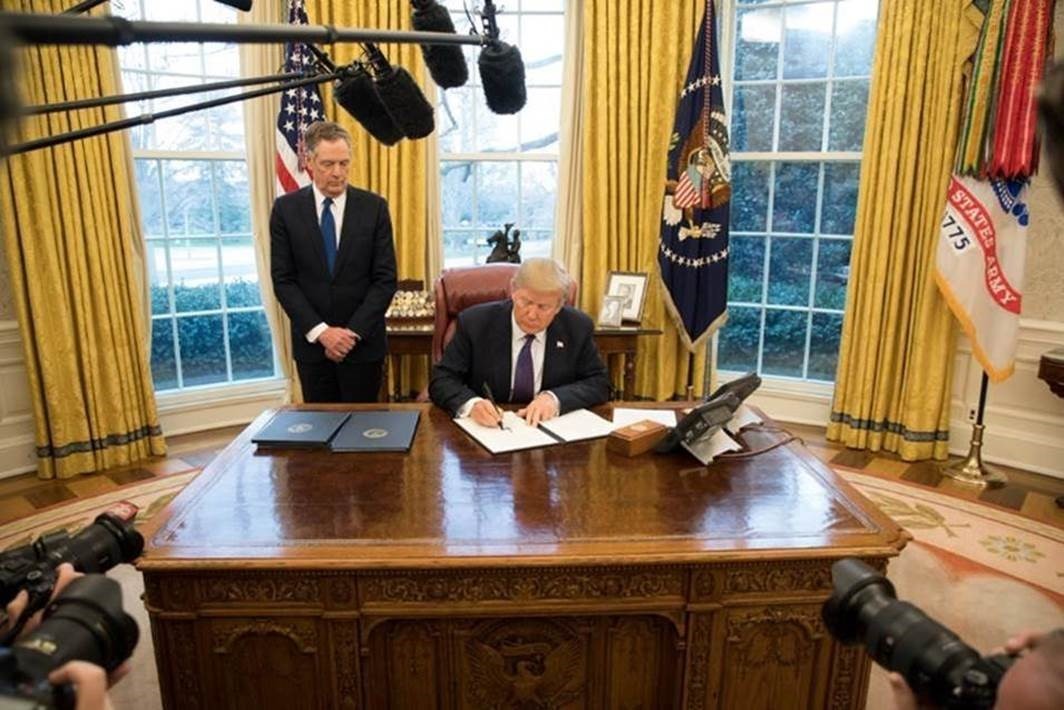Up to 60 grants will be awarded to states and other eligible entities, ranging from $25 million to as much as $400 million.
The U.S. Environmental Protection Agency (EPA) has invited first-stage grant applications from states and other eligible entities for its $7 billion Solar for All program. The program will enable grantees to “expand existing low-income solar programs or design and deploy new Solar for All programs nationwide,” EPA said in a notice.
States, territories, tribal governments, municipalities, and eligible nonprofits may apply for a grant in an amount between $25 million and $400 million. The first stage of the application, a notice of intent, is due from interested parties by July 31. Each applicant must then submit a program strategy and a program administration plan, with the final submittal due September 26.
The EPA will provide an informational webinar on July 12.
Grant recipients, EPA said, will provide subsidies and other financial assistance to residential rooftop projects in low-income and disadvantaged communities, and residential-serving community solar projects benefiting those communities.
To help overcome barriers to solar deployment, the EPA said that grant recipients will also provide technical assistance that may include workforce development, community outreach, and other support, such as interconnection technical assistance and support for siting and permitting.
The $7 billion competitive grant program will result in up to 60 grants. The EPA intends to make at least one award per state and territory. Approximately one to three awards will be made to serve tribal nations. An applicant may apply to receive funds to serve one or more geographic areas.
The EPA says the goal of the Solar for All program is to expand the number of low-income and disadvantaged communities “primed for distributed solar investment—enabling millions of low-income households to access affordable, resilient, and clean solar energy.” The program is funded by the Inflation Reduction Act.
The Coalition for Community Solar Access (CCSA) is “actively working” with state energy offices to help them develop community solar programs that will directly benefit low- and moderate-income (LMI) communities, said Molly Knoll, the organization’s vice president of policy.
A “simple and proven approach,” she said, is to provide incentives to build community solar projects that commit to providing a certain percentage of energy output and bill savings to LMI households.
CCSA expects the Solar for All program will support development of an additional 13.4 GW of new residential and community solar capacity if the full $7 billion in potential grant support is awarded.





